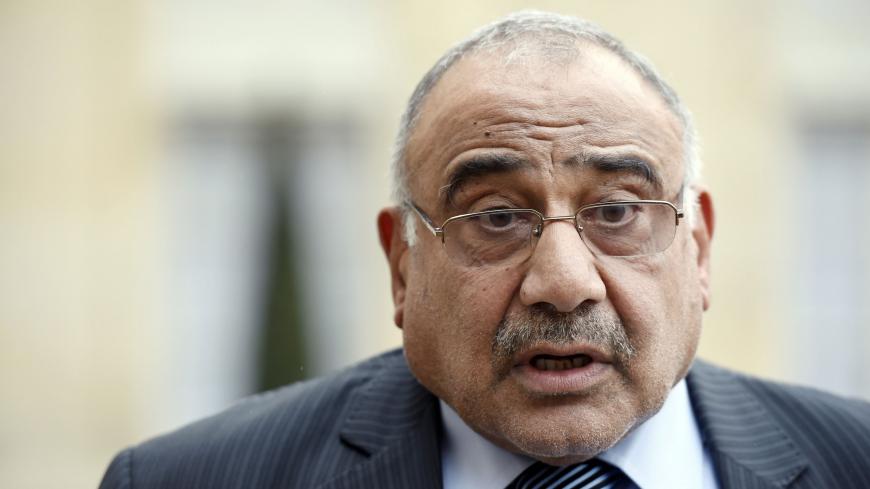Intel: Why Iraq’s parliament won’t seat key ministers

Adel Abdul Mahdi was sworn in as Iraq’s new prime minister on Wednesday along with 14 of his Cabinet picks. But parliament refused to seat another eight ministers, including those chosen for the key posts of interior and defense, amid accusations that they’re Saddam Hussein regime stalwarts or simply corrupt.
Why it matters: Sharp divisions among Iraq’s political parties continue to hamper the formation of a functioning government that can bring stability to the country six months after the May elections. The country’s convoluted quota system is also hamstringing the prime minister as he tries to tries to assemble a team of independent technocrats. Sunni and Kurdish parties, in particular, are worried about losing influence in the new government.






